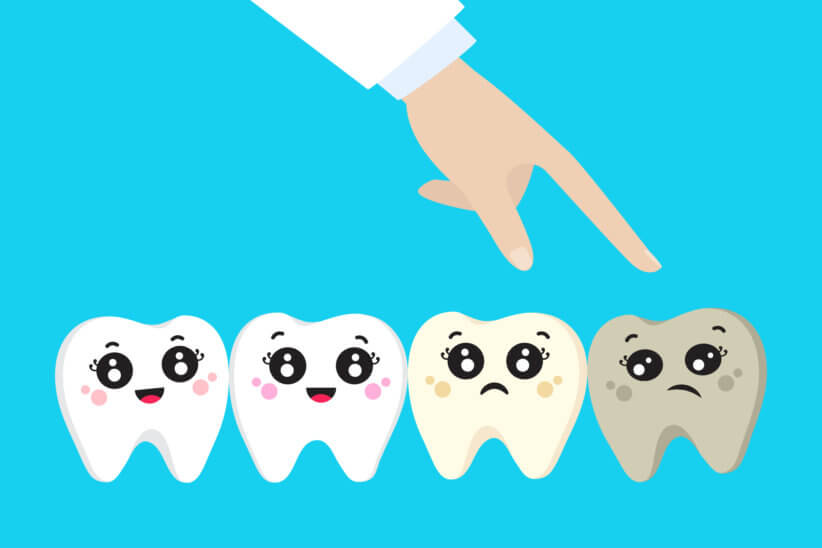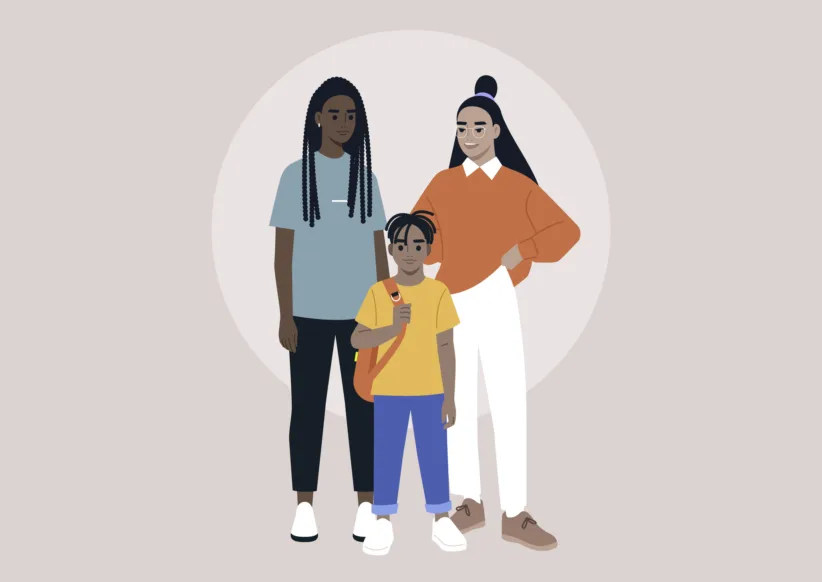
Keeping Kids’ Teeth Healthy: Experts Share Tips
During the COVID lockdown, parents wore many hats. Teacher, cafeteria cook, and barber were just a few of our tasks, but the one challenging area was dental care. Of course, the kids brushed their teeth, but many of our kids went without dental care for a significant period. Once in-person appointments opened up, at least for me, it took time to get an appointment. I would have had better luck getting tickets to see Taylor Swift! This is because dental care is critical, especially for growing teeth. Thankfully lockdown is over, but the need to know how to take care of our kids’ teeth is not.
We checked in with our dental partners to answer questions about keeping our kids’ teeth healthy. We have the answers from in-between visits to a hack on warding off cavities after a meal to when is the best time for braces.
Psst…check our Guide to Cold Weather Safety
How can I make brushing fun?
Want to help a child brush better? Use music and a rhythm during the brushing routine. Also, let the child pick their favorite toothpaste and toothbrush. Have them involved in their oral care. Remember to brush and floss for 2 min twice a day. — Dr. Parul Makkar, Kids Dental, pdmfamilydental.com
Any fun tricks when you don’t have a tooth bush handy?
After eating cookies, crackers or chips, eat a piece of fruit. It acts as a cleanser and prevents anything from sticking to the teeth causing cavities.” — Dr. Penny Resnick-Graulich, Main Street Pediatric Dentistry, mainstreetpediatricdentistry.com
I have seen kids get braces pretty young and as teenagers. When should a child have their first Orthodontic consult?
The American Association of Orthodontists recommends that children have their first orthodontic consultation around age 7. This is because by this age, most children have a mix of primary (baby) and permanent teeth, which allows the orthodontist to identify and evaluate potential issues with jaw growth and emerging teeth. Early evaluation and treatment can prevent more serious problems from developing and may make treatment at a later age shorter and less complicated. However, It’s important to note that every child is different, and some may need to be seen earlier or later, depending on their specific needs. If you notice any concerning issues with your child’s teeth, jaw, or bite, you should schedule a consultation with an orthodontist as soon as possible. — Dr. Seth Newman, Jackson Heights Orthodontics, jacksonheightsorthodontics.com and straightsetortho.com/staten-island
When is the best time to schedule appointments for kids, especially your child’s first visit?
One of the most common questions new parents ask about the dentist is when to bring their babies for their first visit. You should have your child come for their first visit as soon as the first teeth begin to come in. Pediatric Dentists specialize in treating babies and children can use this time to check and make sure teeth are coming in correctly and give you advice and tips on how to take care of your child’s teeth until they are old enough to manage the techniques themselves. By setting up regular appointments with the same dentist, your dental provider can keep a record and track your child’s unique dental progress. The rule of thumb is to schedule the first appointment between six months and one year. Starting around the age of three, it can be expected to start up the “regular check-up” routine, visiting the dentist every 6 months for an exam and cleaning. — Dr. Phyllis Merlino, Todt Hill Pediatric Dentistry Staten Island, DrMerlino.com





















